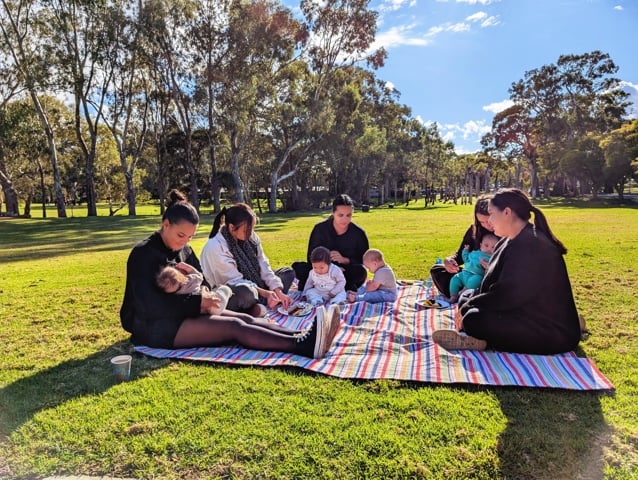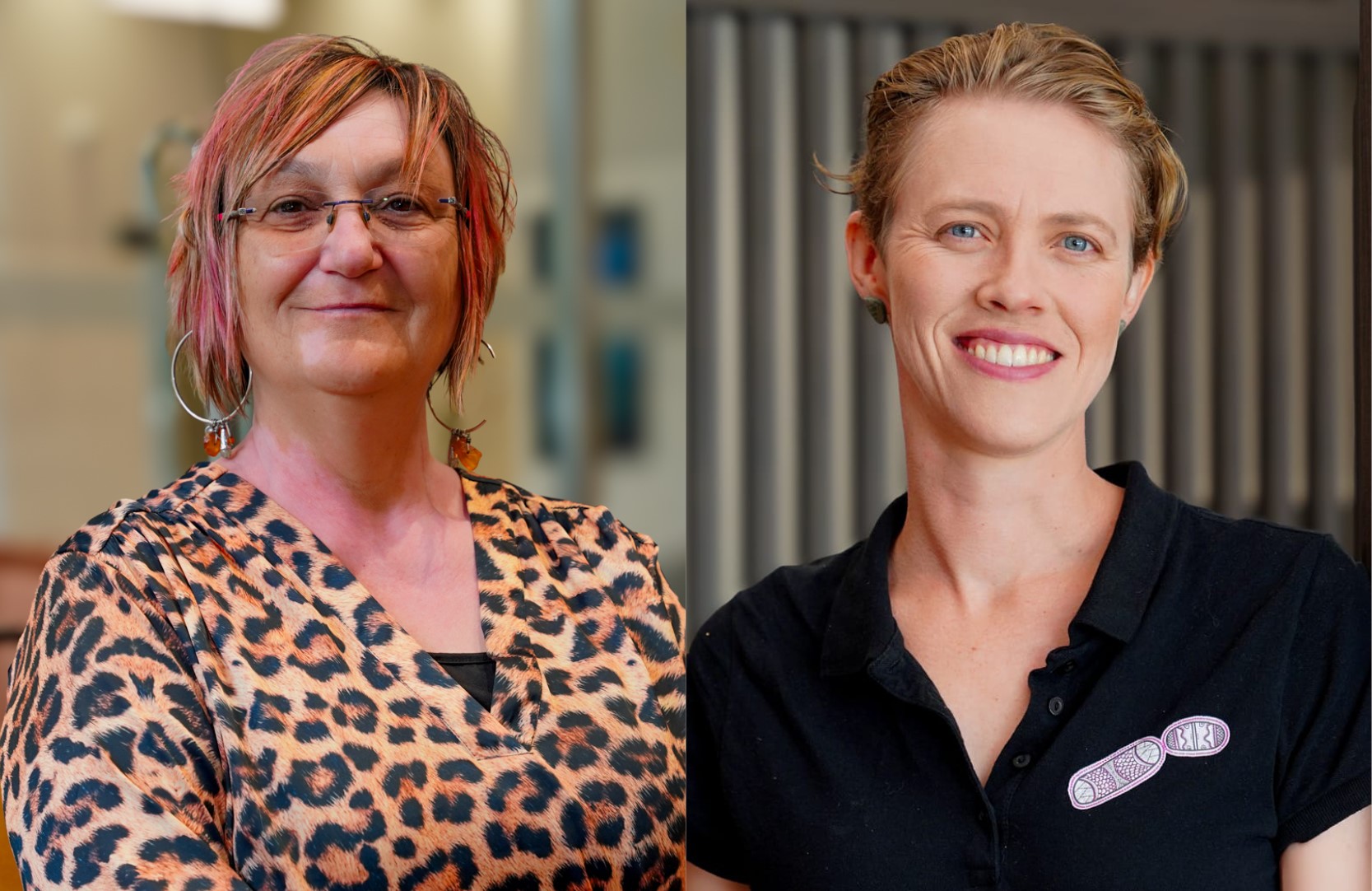
A group of 19 Aboriginal women from South Australia, along with researchers from The Kids Research Institute Australia, have developed a culturally responsive, evidence-based model of care to support Aboriginal women with cardiometabolic complications in pregnancy in SA.
Published in The Medical Journal of Australia, the project identified systemic issues and developed solutions to address gaps in maternal and child health care, based on a collaborative approach, iterative co-design process and participants’ shared lived experiences.
Lead author, Barkandji woman Karrina DeMasi from The Kids, said Aboriginal women with diabetes and heart complications in pregnancy often navigated disjointed, complex, interventionalist healthcare journeys in South Australia.
“Aboriginal women experiencing a health condition during pregnancy continue to face significant inequities in their healthcare which are often compounded by systematic barriers and a lack of culturally responsive care,” Ms DeMasi said.
“This project brought together a group of South Australian Aboriginal women with personal and professional experience of pregnancy complications to design a model of care that meets their expressed needs, shaped by their experiences.
“The result is a model that bridges the divide between biomedical paradigms and culturally responsive, holistic care for women who experience cardiometabolic complications.
 Karrina DeMasi (left) and Dr Katharine Brown (right).
Karrina DeMasi (left) and Dr Katharine Brown (right).
Cardiometabolic complications during pregnancy include gestational or type 2 diabetes, hypertension, pre-eclampsia, or an underlying atherosclerotic cardiovascular disease, which often result in increased medical complexity and risk of adverse outcomes.
Rebecca Nielsen, a proud Kalkadoon woman from Mt Isa and Aboriginal Health Practitioner specialising in Aboriginal Maternal Infant Care, took part in the workshops and shared her personal experiences during pregnancy after growing up with a congenital heart disease.
“Once I fell pregnant, this was 20+ years ago, I found there was not really much support and education around heart disease and pregnancy,” Ms Nielson said. ”Being involved in this project enabled me to help, guide and advocate for Aboriginal women through their pregnancy journeys and work toward healthy positive outcomes for women and their families.
“The power of community was felt deeply during workshops, where women gathered in safe spaces to yarn, share stories, and support one another.
“These connections fostered trust, broke down barriers to care, and helped shape models that reflect our lived experience, cultural identity, and collective strength.”
Dr Katharine Brown, a postdoctoral research fellow in the Indigenous Cardiovascular Research program at The Kids, said the project revolved around creating culturally safe spaces for deep reflection and open dialogue, enabling the development of a comprehensive model.
“The model includes a shared vision and guiding principles, conceptual framework tailored to community needs, 18 priority areas for action, and eight health system enablers to support implementation,” Dr Brown said.
“This model offers a blueprint for health services and policymakers to create and bolster meaningful change, urging health systems to meet their responsibility to address inequities and deliver culturally safe, community-led care.
“The model is now being tested in inner regional South Australia, and we expect that full implementation of the model will deliver better life-long outcomes for mums, babies and families.”
Ms DeMasi said the project was a testament to the power of Aboriginal women’s leadership in shaping health systems.
“It’s not just about amplifying voices – it’s about listening, acting, and ensuring systems respond to what women say they need,” Ms DeMasi said.
“This is a pivotal moment to drive systemic change and ensure that Aboriginal and Torres Strait Islander women receive the care they deserve – care that respects their knowledge, priorities, and lived experiences.”
Read the full MJA article here.
